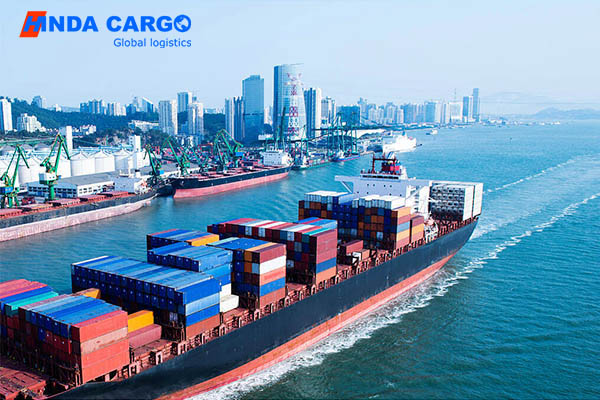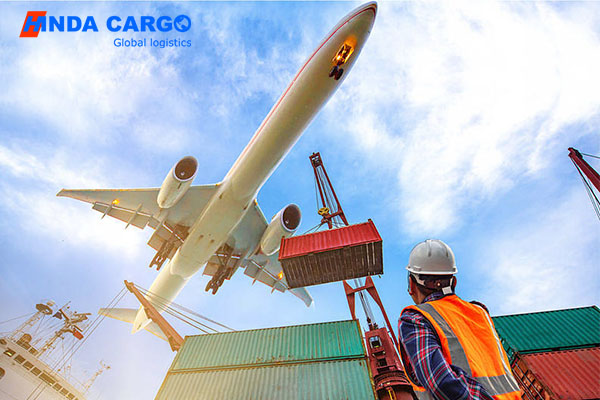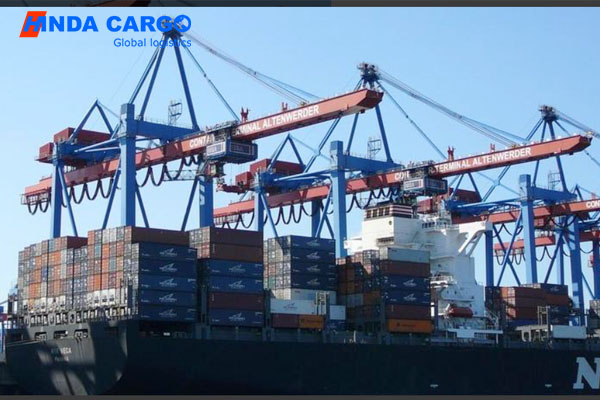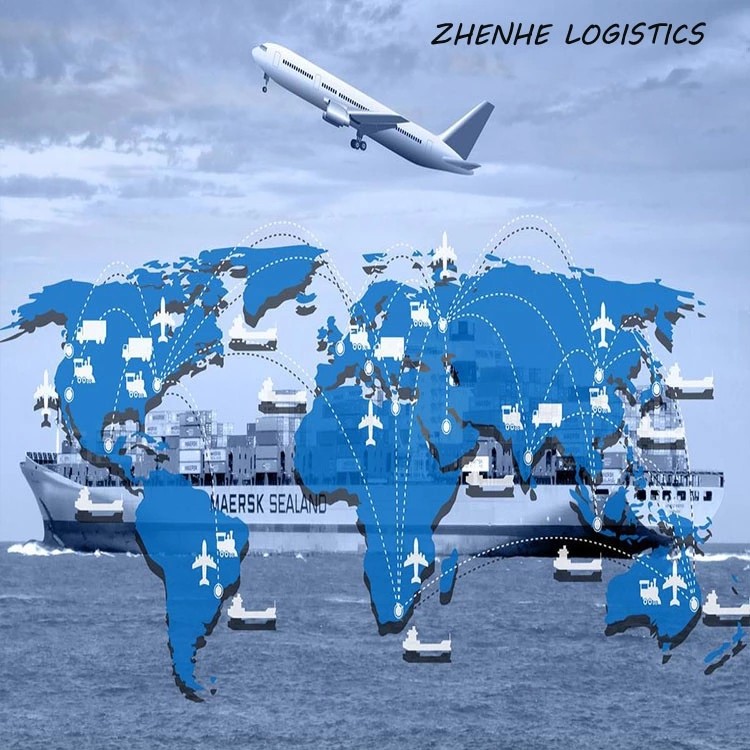What does CNF mean in cargo transportation?
In the field of international trade and cargo transportation, trade terms (Incoterms) play a vital role. These terms regulate the responsibilities and risk sharing between buyers and sellers, helping to ensure the smooth progress of the trade process.
CNF (Cost and Freight) is one of the common terms, which is widely used in international trade.
This article will analyze in detail the meaning, division of responsibilities, risk transfer and precautions of CNF in actual operation to help companies better understand and use this trade term.

What does CNF mean?
CNF (Cost and Freight): CNF means that the seller is responsible for paying all costs of transporting the goods to the port of destination, but does not include the costs and insurance costs after the goods are unloaded at the port of destination. The CNF term emphasizes the cost burden of the seller during the transportation process, and also clarifies the risk transfer point.
CNF division of responsibilities:
1. Seller: Responsible for all costs from the time the goods leave the factory to the time they are loaded on board and transported to the port of destination, including inland transportation, loading costs and ocean freight. The seller is also responsible for export customs clearance procedures.
2. Buyer: Responsible for the unloading costs at the port of destination, import customs clearance costs, inland transportation costs, and all costs after the goods arrive at the port of destination.
3. Risk transfer: Under the CNF terms, the risk of the goods is transferred from the seller to the buyer when the goods are loaded on board. That is, once the goods are loaded on board, the buyer needs to bear all risks during transportation, even if the seller is still responsible for paying the transportation costs.

Comparison of CNF with other trade terms
CNF and FOB (Free On Board, Delivery on Board at the Port of Shipment):
1. Division of responsibilities: Under the FOB terms, the seller's responsibility ends when the goods are loaded on board, while under the CNF terms, the seller is not only responsible for loading, but also for paying the freight to the port of destination.
2. Risk transfer: The risk transfer point for both is the same, and both are transferred to the buyer when the goods are loaded on board.
3. Cost bearing: The buyer bears the shipping costs for FOB, while the seller bears the shipping costs for CNF.
CNF and CIF (Cost, Insurance and Freight):
1. Division of responsibilities: The two are similar in the division of responsibilities. The seller is responsible for transporting the goods to the destination port and paying the freight.
2. Risk transfer: The risk transfer point is the same, and both are transferred from the seller to the buyer when the goods are loaded.
3. Cost bearing: CIF includes insurance costs, and the seller needs to purchase marine insurance for the goods, while CNF does not include insurance costs, and the buyer needs to arrange insurance on his own.

What are the advantages and disadvantages of CNF?
★ Advantages of CNF:
1. Transparent costs: CNF terms enable buyers to clearly understand the transportation costs, which facilitates cost accounting and price comparison.
2. Simplified operations: The seller is responsible for the transportation arrangements in the exporting country, reducing the complexity of the buyer's operations in the exporting country.
3. Market competitiveness: The seller can improve its competitiveness in the buyer's market and attract more customers by bearing the freight.
★ Disadvantages of CNF:
1. Risk bearing: Although the seller pays the freight, the risks during transportation are borne by the buyer, which may cause the buyer to face potential losses.
2. Insurance issues: Since CNF does not include insurance, the buyer needs to arrange insurance on his own, which increases the buyer's operational complexity and cost.
3. Coordination difficulty: The seller needs to coordinate with multiple logistics service providers to ensure smooth loading and transportation of the goods.

Application scenarios of CNF
1. Applicable goods: CNF terms are applicable to bulk goods, industrial raw materials, machinery and equipment and other products that need to be shipped by sea. Such goods are usually large in size and heavy in weight, and sea transportation is the most economical mode of transportation.
2. The buyer is capable of handling import customs clearance and inland transportation: CNF terms require the buyer to bear import customs clearance and inland transportation after the port of destination. Therefore, it is suitable for buyers who are capable of handling these matters, especially companies with strong logistics networks and customs clearance experience.
3. The seller hopes to improve market competitiveness: By bearing the freight, the seller can provide more attractive quotes in the target market, improve market competitiveness and attract more customers.
4. The buyer and seller already have a good cooperation foundation: When the two parties already have a good cooperative relationship, the use of CNF terms can simplify the transaction process and enhance the trust and depth of cooperation between the two parties.

Summary
CNF (Cost and Freight) is a common international trade term that clarifies the seller's cost and risk transfer point during the transportation process. The seller is responsible for transporting the goods to the destination port and paying the corresponding freight, while the buyer is responsible for all risks from loading and all costs after the destination port.
The CNF clause has certain advantages in actual operation, which can improve the seller's market competitiveness and simplify the buyer's import operations. However, while the seller bears the freight, he must also ensure that the quotation is reasonable, and the buyer needs to do a good job of risk management and cost control.
Through the reasonable application of CNF terms, enterprises can achieve smoother and more efficient cargo transportation in international trade and enhance overall competitiveness.




